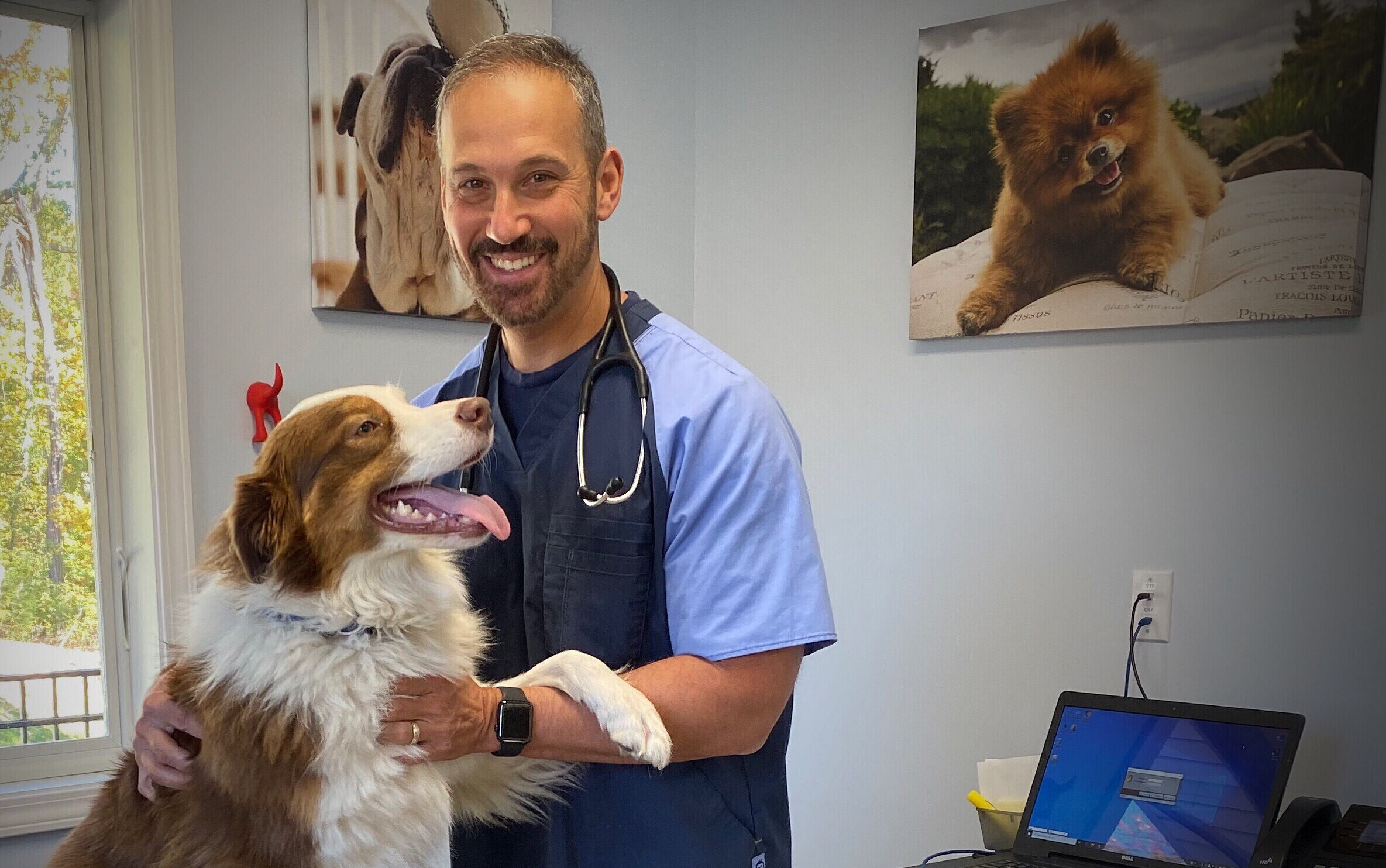Palisades Veterinary Hospital:
Here for Your Pet for Over 20 Years
At Palisades Veterinary Hospital, we are committed to delivering the best available veterinary medicine.

About Palisades
Veterinary Hospital
Conveniently located in Rockland County and steps away from Bergen County, Palisades Veterinary Hospital is dedicated to delivering optimal veterinary care with our professional and compassionate team of technicians, assistants, and support staff.
Complete Veterinary Services in Orangeburg, NY
We are grateful for the opportunity to care for your pet’s veterinary needs, ranging from routine wellness, animal medical care, and surgery.
Pet Dental Care
As you can imagine, visits to the dentist are quite different for us than our canine and feline family members.
Pet Wellness
Pets benefit greatly from regular wellness examinations. Since our pets age significantly faster than us, we recommend that all pets receive an examination at least once a year.
Meet Our Veterinarians & Team
Palisades Veterinary Hospital is dedicated to delivering optimal veterinary care alongside his professional and compassionate team of technicians, assistants, and support staff. Palisades Veterinary Hospital is committed to providing excellence in veterinary care, and stands out as a leading veterinarian in Orangeburg. The veterinarian uses the latest in veterinary techniques to provide your pets with exceptional care. The first thing you’ll notice when you walk into our Orangeburg veterinary office is the incredibly friendly and inviting atmosphere. Members of our veterinary team have been hand-picked to provide you & your pet the best possible experience during your visit.




